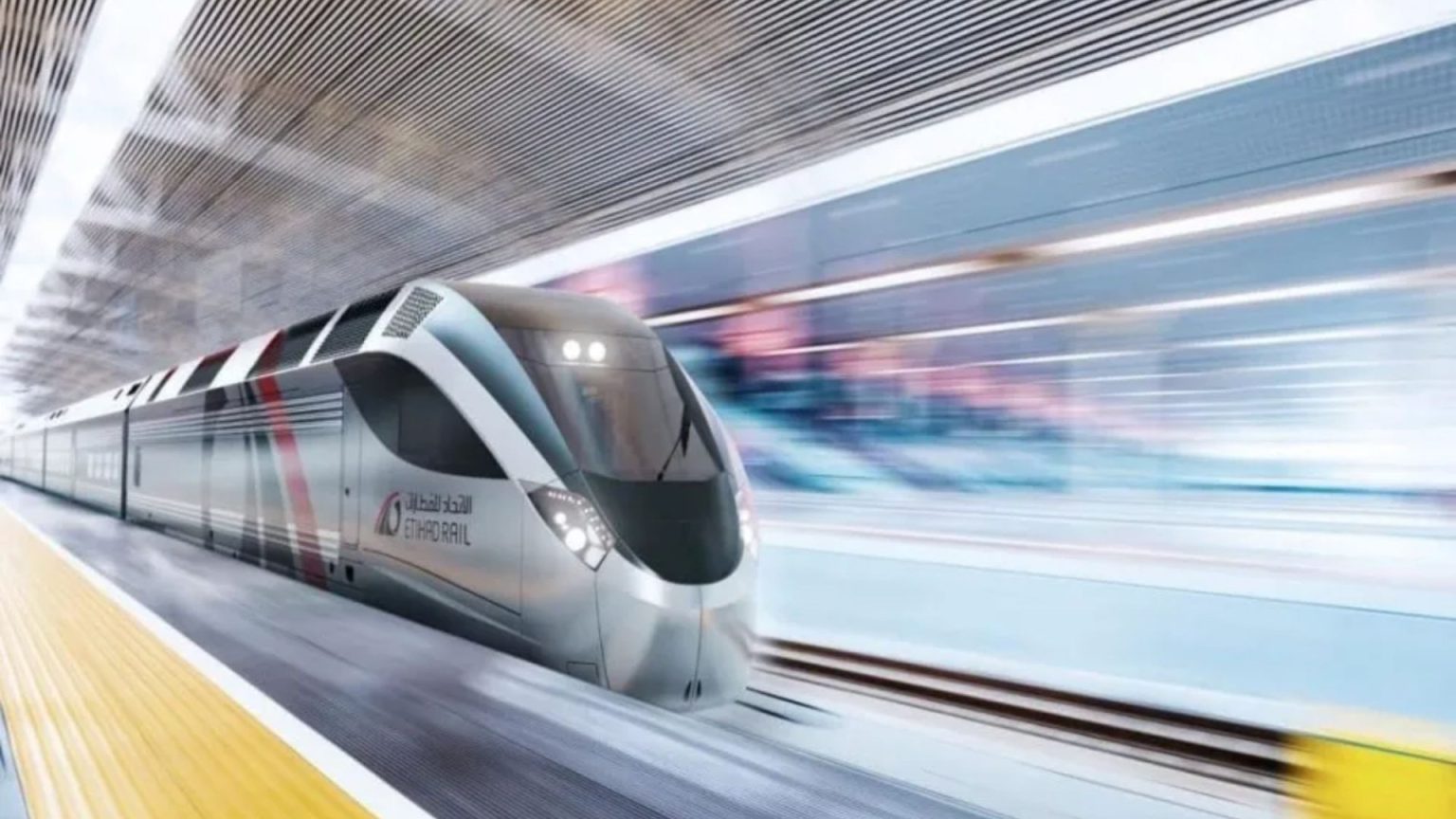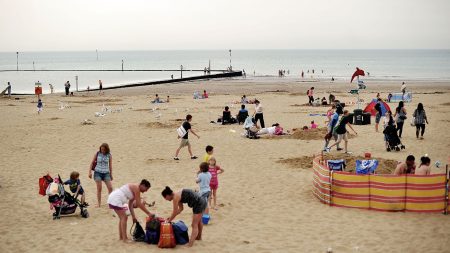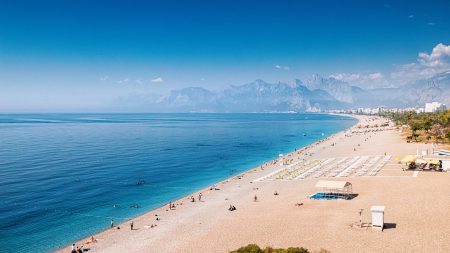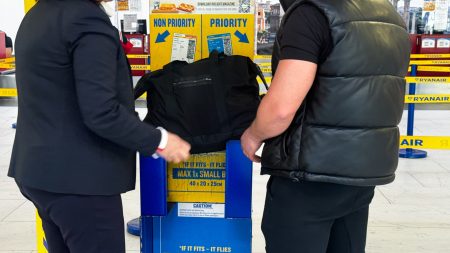The United Arab Emirates (UAE) is embarking on a transformative railway project that promises to revolutionize travel between two of its most prominent cities, Dubai and Abu Dhabi, significantly reducing travel time by half. This ambitious endeavor, spearheaded by Etihad Rail, aims to connect these bustling metropolises with a high-speed rail network, reaching speeds of up to 350 km/h (217 mph). The project signifies a major leap forward in the UAE’s transportation infrastructure, offering a faster, more efficient, and sustainable mode of travel for citizens, residents, and the millions of tourists who flock to these destinations annually. The official unveiling of the project in a grand ceremony attended by dignitaries and representatives from both emirates underscored the significance of this undertaking.
Currently, Etihad Rail primarily caters to freight transport. However, the expansion into passenger services represents a substantial shift in the company’s focus and a commitment to enhancing connectivity within the UAE. The project’s vision extends beyond mere transportation; it seeks to improve the overall quality of life for individuals by facilitating seamless travel between major urban centers, opening up new opportunities for commerce, tourism, and cultural exchange. The royal families of Dubai and Abu Dhabi have expressed strong support for the project, recognizing its potential to drive economic growth and strengthen the nation’s position as a global hub.
The unveiling ceremony showcased not only the high-speed rail link but also the UAE’s first passenger train fleet, designed to operate at speeds of 200 km/h (124 mph). These trains are intended to complement the faster services, providing a comprehensive and integrated railway network. This dual approach caters to varying travel needs, offering choices for both speed and affordability. The integration of these different train services will create a more robust and versatile transportation system, enhancing accessibility and convenience for travelers.
The announcement of the high-speed rail link between Dubai and Abu Dhabi follows closely on the heels of another significant railway development: a proposed connection between the UAE and neighboring Oman. This ambitious cross-border project, estimated to cost £2.3 billion, further demonstrates the UAE’s commitment to regional connectivity and its vision of establishing a seamless transportation network spanning multiple countries. The link with Oman promises to foster stronger economic and cultural ties between the two nations, facilitating trade and tourism while promoting greater regional integration.
While the exact launch date for the Dubai-Abu Dhabi passenger service remains undisclosed, the project has generated significant excitement and anticipation. The reduction in travel time, coupled with the promise of a modern and efficient railway system, is expected to transform the way people move between these two major cities. The benefits extend beyond individual travelers, impacting businesses, tourism, and the overall economic landscape of the region. The streamlined transportation will facilitate business operations, boost tourism by providing easier access to attractions, and contribute to overall economic growth.
The UAE’s investment in these ambitious railway projects reflects a forward-thinking approach to infrastructure development, prioritizing sustainable and efficient transportation solutions. These projects underscore the nation’s commitment to innovation and its dedication to creating a world-class transportation network that caters to the evolving needs of its citizens and visitors. The railway initiatives are not merely about connecting cities; they are about connecting people, fostering economic growth, and shaping a future characterized by seamless mobility and enhanced connectivity. These initiatives represent a significant step towards building a more integrated and interconnected world, bridging geographical distances and fostering closer ties between nations.











